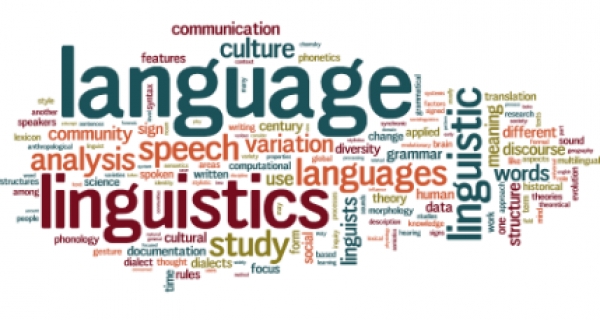

#A linguist studies series#
Monographs – featuring in-depth studies on special aspects of language theory, language analysis or language teaching.Ĭollected papers – assembling papers from workshops, conferences or symposia.Įach volume of the series is subjected to a double peer-reviewing process. A cross-disciplinary approach is favoured and most European languages are accepted.

Being a linguist isn't easy you usually have to go to graduate school and conduct research about a specific aspect of language. The study of language is called linguistics, and people who study linguistics are linguists. Linguists study every aspect of language, including vocabulary, grammar, the sound of language, and how words evolve over time. The curriculum follows a pattern of increasing complexity and specialization, from the introduction to the field of linguistics, to the foundational courses. The programme is ranked highest in Continental Europe and 27th overall according to the QS World. Linguistics provides particularly good preparation for vocational training too, in fields such as speech therapy, teaching, speech and language technology (eg. A linguist is someone who studies language. Developmental linguistics is the study of the development of linguistic ability in. Sociolinguistics is the study of how language is shaped by social factors. Language is such an integral part of almost everything we do, so there’s bound to be a way to apply your. Areas of research edit Sociolinguistics edit. Linguists (experts in linguistics) work on specific languages, but their primary goal is to understand. This series aims to promote specialist language studies, both in the fields of linguistic theory and applied linguistics, by publishing volumes that focus on specific aspects of language use in one or several languages and provide valuable insights into language and communication research. Why study Linguistics at the UvA A world-class education. Linguistics, the systematic study of human language, provides a strong foundation for working in speech pathology, education, journalism, law, artificial intelligence and computer-mediated language learning, among other fields. Linguistics is the scientific study of both the structure of natural languages and related aspects as well as their historical evolution, their internal structure and the knowledge that speakers have of their own language (the latter is particularly true in the approach generativist). Linguistics is the scientific study of language.


 0 kommentar(er)
0 kommentar(er)
